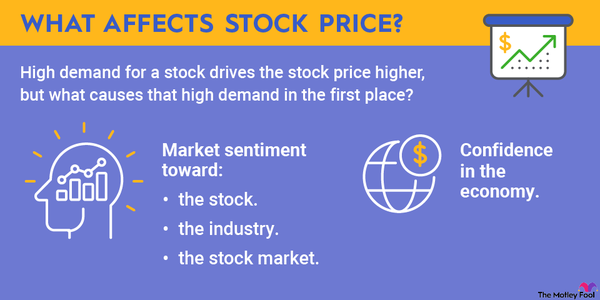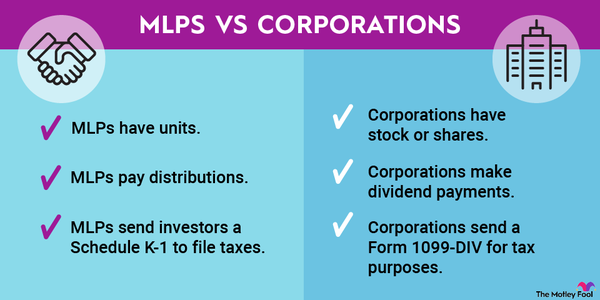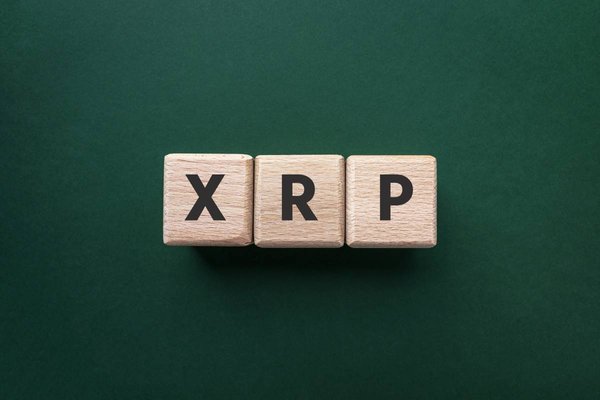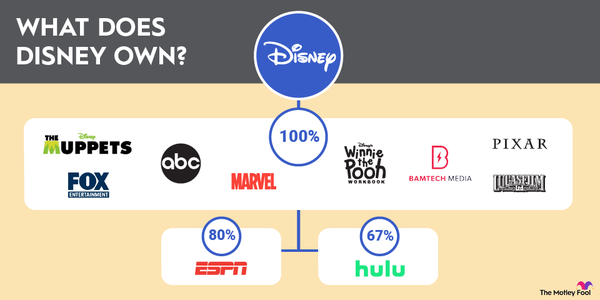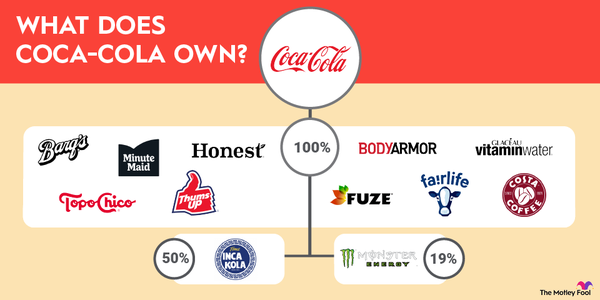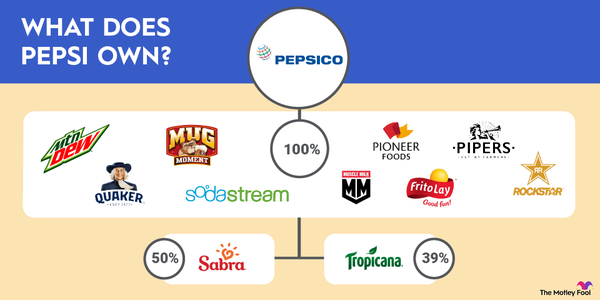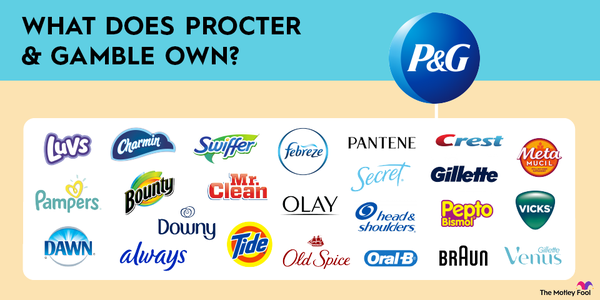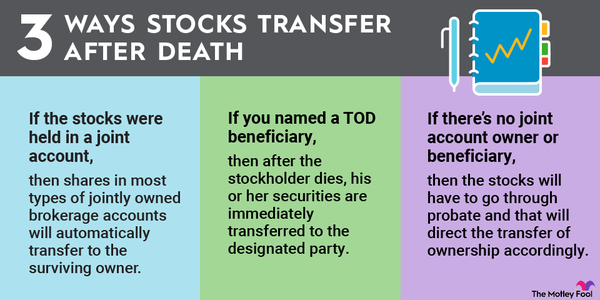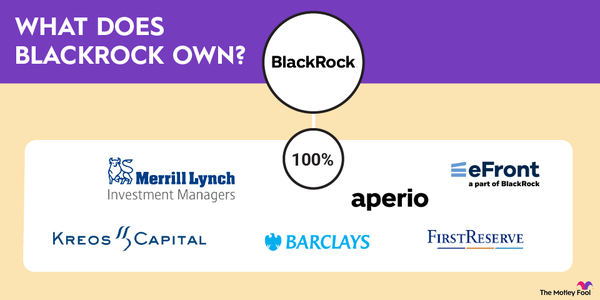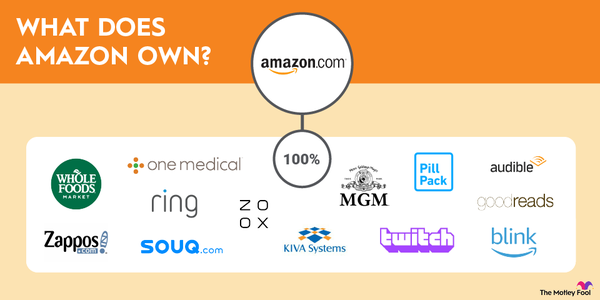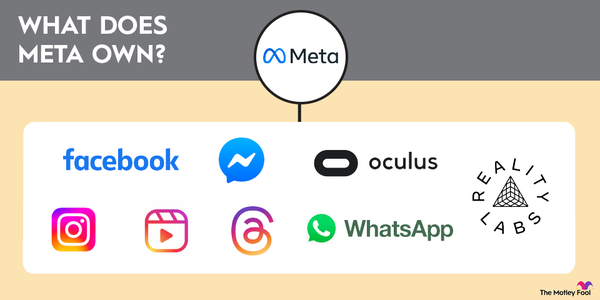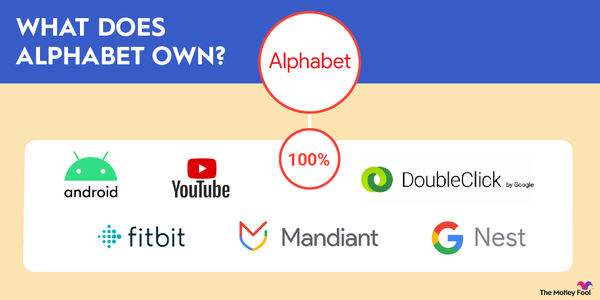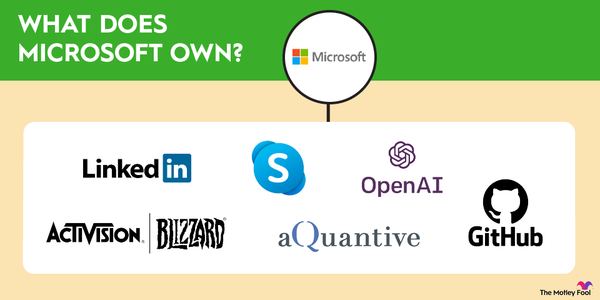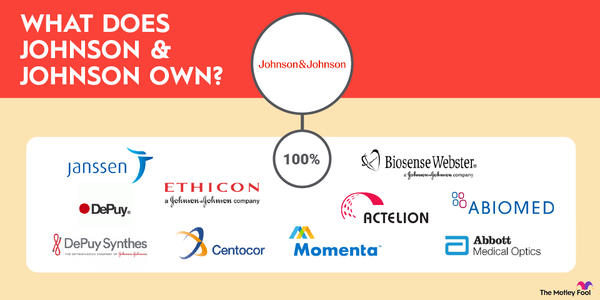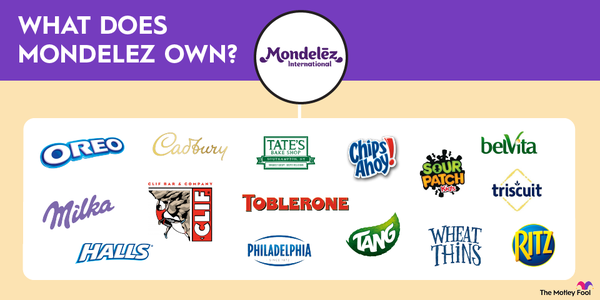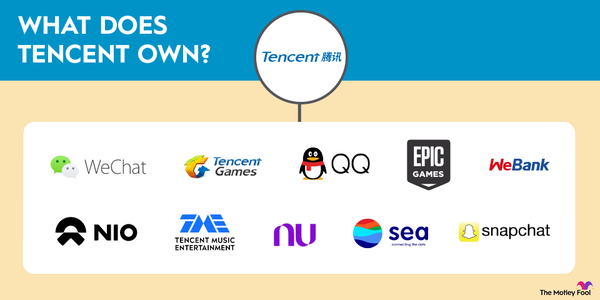Hilton Worldwide Holdings (HLT -1.21%), known for Hilton Hotels & Resorts, Embassy Suites by Hilton, Conrad Hotels & Resorts, Waldorf Astoria Hotels & Resorts, and other well-known brands, has been a mainstay in the world of hospitality for more than 100 years. Since the company's founding in 1919, Hilton Worldwide Holdings has grown to feature almost two dozen brands at more than 7,500 properties in 126 countries.
The company has gone through a series of key changes in its more than century-long history, including numerous acquisitions, public offerings, and changes to its core lineup of brands. The story of Hilton Hotels traces back to 1919, when Conrad Hilton purchased the Mobley Hotel in Cisco, Texas. The first hotel to bear the Hilton name didn't open its doors until the mid-1920s, when the Dallas Hilton opened.
By the 1940s, Hilton had acquired the famous Plaza Hotel in New York and the now-shuttered Roosevelt Hotel, underscoring its status as a nationwide brand. The company first entered the public markets in 1946 after its incorporation as Hilton Hotels Corporation, with Hilton International founded as a subsidiary in 1948. The years that followed marked a number of vital expansion efforts for Hilton hotels, including the purchase of the Waldorf-Astoria, the opening of its first hotel in Europe, and additional expansion efforts from Panama to Canada to the Middle East.
In 1964, the company divided its operations, spinning off its international businesses into a separately traded entity called Hilton International Co. The international segment was purchased by Trans World Corp. in 1967, with additional international properties sold to UAL Corp, now known as United Airline Holdings (UAL 3.03%) in 1986; UAL Corp. subsequently sold Hilton International to a British gambling company.
The outcome of all these maneuvers was that by the late 1990s, there were two companies operating Hilton Hotels both domestically and abroad, but each was unable to use the Hilton name in the other's operating regions. At one point, Hilton International hotels operated stateside were called Vista International Hotels, and the U.S.-based business called its hotels outside the country Conrad Hotels.
Eventually, the U.S. and British Hilton segments entered into a joint marketing agreement that allowed each to promote the other's brands, share logos, and enable system-wide reservations. In 1999, the company also brought brands like DoubleTree and Embassy Suites into the fold.
In 2005, Hilton Hotels Corporation bought back the Hilton International chain from its British counterpart, making the company a single entity again. In 2007, Blackstone (BX -0.64%) bought Hilton Hotels Corporation for $26 billion. The 2007-2009 financial crisis and the impact of slowing travel was tough on the company's business and debt obligations, but Blackstone helped Hilton restructure the debt and the hotel chain was able to become a public company again in December 2013. At the time, Blackstone retained a roughly 46% stake in Hilton, but it exited the last of its holdings in 2018.
In 2016, Hilton turned its holdings into a real estate investment trust (REIT), then announced that it planned to spin off its Park Hotels & Resorts (PK -1.69%) and Hilton Grand Vacations (HGV 1.09%) businesses, creating three separate and publicly traded entities. The spinoffs were designed to make the larger brand more asset-light by owning most of the Hilton Brands without the responsibility for the majority of operating costs. The spinoff of the properties concluded in 2018, and Hilton Worldwide Holdings is now an independent, publicly traded stock.
Stock
How to invest
How to buy Hilton Hotels stock
Hilton Hotels stock is publicly traded, so you can buy shares of the business like any other stock.
Here are important steps to follow if you want to buy shares of Hilton stock.
Step 1: Open a brokerage account
If you don't already have a brokerage account, you can open one in minutes. The right brokerage account for you will depend on your investment needs, style, and interests. You should consider factors such as account features and fees, security and account protection, and the trading tools available when determining which is the right choice for your investing needs.
Step 2: Figure out your budget
Once you've opened a trading account or have logged into an existing one, you need to figure how how much you want to invest in Hilton Hotels stock. Dollar-cost averaging, which is the habit of investing a fixed amount of money into stocks on a regular basis regardless of share price, can be a great approach to build your portfolio with time. Your investing budget will also determine how much money you want to put into Hilton Hotels along with any other stocks you currently have on your buy list.
Step 3: Do your research
It's extremely important to understand any company you want to buy and thoroughly do your research before you put your investment capital down. Certain stocks might not be the right fit for your investment goals, long-term financial aspirations, and risk tolerance levels. You should take time to review the company's financials, value proposition, and long-term growth story to determine whether it aligns with the kinds of stocks you want to buy.
Step 4: Place an order
After you have researched Hilton Hotels stock, if you're ready to hit the buy button, you will typically have a few options when it comes to placing the actual share order. There are multiple types of stock orders, but two of the most common are market orders and limit orders.
With a market order, your order will go through at the current stock price. If you decide to place a limit order, it may take some time before the order goes through, if it all; with a limit order, you determine the price you're willing to pay for the stock, and the order only goes through if or when the stock hits that price point.
Should I invest?
Should I invest in Hilton Hotels?
Deciding if you should invest in Hilton Hotels stock depends on you and your investment goals. Whether or not the hospitality industry is one you gravitate towards, as well as whether you tend to be a more growth or value-oriented investor will be a big part of your final decision. That being said, there are some notable reasons to consider investing in Hilton Hotels stock.
One of the company's core competitive advantages that enables the hospitality brand to remain relatively asset-light is its franchise model. Almost 90% of the company's hotels are owned and operated by independent companies or franchisees, not Hilton Worldwide.
While Hilton Worldwide maintains the intellectual property for these brands, the fact that it isn't responsible for operating these properties or employing their staff means that capital-intensive areas like wages, maintenance, and real estate costs are minimized.
Instead, Hilton Worldwide makes the majority of its money from franchise and licensing fees, management fees, and incentive management fees related to this model. For example, Hilton Worldwide reported total revenue of approximately $10.2 billion in 2023. That total included:
- $2.4 billion derived from franchise and licensing fees.
- $5.8 billion from other revenues from managed and franchised properties.
- $342 million from base and other management fees.
- $274 million from incentive management fees.
- $178 million from other revenue.
Just about $1.2 billion of its top line, or 12% of revenue, was derived from owned and leased hotels. The franchise model not only makes the company more asset-light, but also is designed to drive greater profitability over the long run.
Like other brands operating in the hospitality industry, the COVID-19 pandemic hit occupancy rates significantly, which dragged down the company's top and bottom lines. But the travel recovery and increases in average daily room rates are enabling Hilton Worldwide's recovery.
Investors considering putting cash into Hilton Hotels stock should understand that there is a general cyclicality to the industry.
Profitability
Is Hilton Hotels profitable?
Yes, Hilton Hotels stock has a steady track record of profitability. It recorded net losses during the COVID-19 pandemic as travel rates plummeted. But during 2023, the company reported net income of approximately $1.2 billion. Despite the COVID-19 pandemic, the company has seen its annual profits increase in the ballpark of 30% over the last five years.
Dividends
Does Hilton Hotels pay a dividend?
Hilton Hotels stock does pay a dividend, although it was temporarily suspended in 2020 when the pandemic hit. The company restored the dividend in 2022. Its current quarterly payout is $0.15 per share, or an annual dividend of $0.60 per share.
The dividend yield for Hilton Hotels stock is approximately 0.28%. In terms of payout ratio, the company maintains one that comes to approximately 13% of earnings.
ETFs
ETFs with exposure to Hilton Hotels
There are numerous exchange-traded funds (ETFs) that offer exposure to Hilton Hotels stock. If you don’t want to have exposure that owning the individual stock would entail, putting cash into an ETF can enable you to become part-owner of Hilton Hotels while diversifying your capital across an assortment of other intriguing businesses.
Several examples of funds that offer exposure to Hilton Hotels stock include the Vanguard Total Stock Market Index Fund (VTSAX 1.32%), the Vanguard 500 Index Fund (VFIAX 1.27%), the Fidelity 500 Index Fund (FXAIX 1.27%), the SPDR S&P 500 ETF Trust (SPY 0.58%), and the Price (T. Rowe) Mid Cap Growth Fund (RPMGX 1.23%).
Exchange-Traded Fund (ETF)
Stock splits
Will Hilton Hotels stock split?
Hilton Hotels stock has split multiple times in the history of the company. The first split was a 2-for-1 split in June 20, 1988, and the second was a 4-for-1 split on Sept. 26, 1996.
The most recent stock split was related to the spinoff of Park Hotels & Resorts and Hilton Grand Vacations. This stock split occurred on Jan. 4, 2017, and was a 1000-for-2,052 reverse stock split. After spinning off the two entities into their own publicly traded companies, Hilton Hotels Worldwide wanted to retain the value of its own company shares.
Related investing topics
The bottom line on Hilton Hotels
Hilton Hotels is one of the world's largest hospitality companies, with a footprint that spans several continents. It is one of the most familiar brands in the industry today. The recovery in travel, increases in daily rates, and additions of new hotels and rooms are driving steady revenue and profits.
Like other companies in the hospitality industry, Hilton Hotels is somewhat dependent on consumer spending, which can change with fluctuations in macroeconomic conditions. However, Hilton Hotels stock boasts a relatively asset-light model, which can lend resilience and profitability in a wide range of environments.
For investors who want to put cash into a mainstay brand with an established history of growth and a clear long-term value proposition to consumers, Hilton Hotels stock might be a valuable addition to a long-term investor's portfolio.
FAQ
Investing in Hilton Hotels FAQs
Can I buy stock in Hilton Hotels?
Yes, Hilton Hotels (Hilton Worldwide Holdings) is publicly traded so investors with a brokerage account can buy full or fractional shares as desired. You can also invest in Hilton Hotels stock through an exchange-traded fund.
Is Hilton stock worth buying?
No investment is guaranteed, but Hilton stock has done well in its recovery from the doldrums of the pandemic. It also has returned to profitability and consistently pays out shareholder dividends.
Who owns the most Hilton stock?
Most of Hilton stock is owned by institutional investors, but individual shareholders can buy shares of the company too.
Can you buy shares in hotels?
While not all hotels are publicly traded, companies like Hilton Worldwide Holdings along with several other competitors are listed on stock exchanges. This means you can buy and sell share with ease as long as you have a brokerage account.
Rachel Warren has no position in any of the stocks mentioned. The Motley Fool has positions in and recommends Blackstone, Vanguard Index Funds - Vanguard Total Stock Market ETF, and Vanguard S&P 500 ETF. The Motley Fool has a disclosure policy.




































